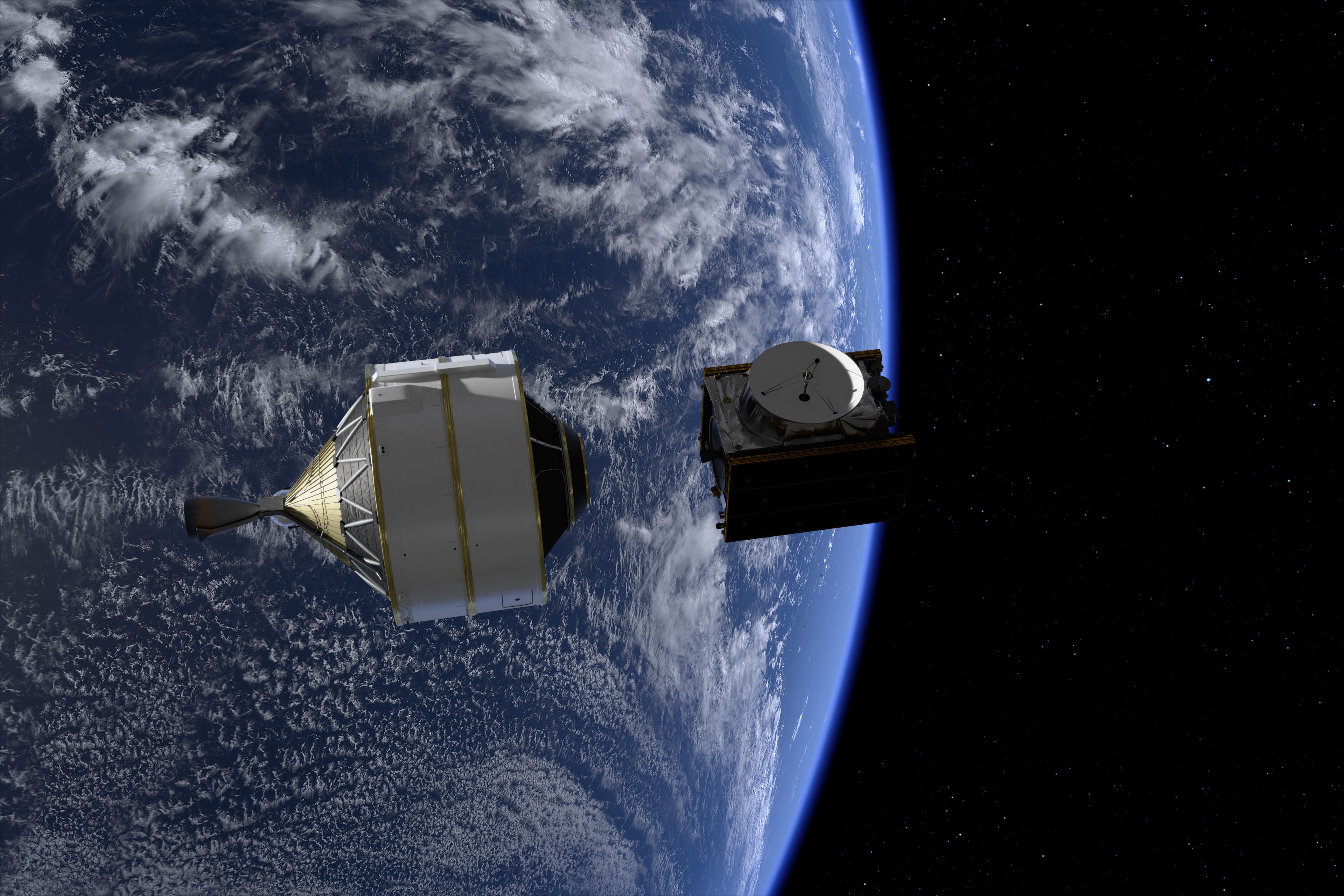European Space Agency in second launch attempt to Jupiter and its moons
Juice was due to launch on Thursday but weather conditions showed there was a risk of lightning.

Your support helps us to tell the story
From reproductive rights to climate change to Big Tech, The Independent is on the ground when the story is developing. Whether it's investigating the financials of Elon Musk's pro-Trump PAC or producing our latest documentary, 'The A Word', which shines a light on the American women fighting for reproductive rights, we know how important it is to parse out the facts from the messaging.
At such a critical moment in US history, we need reporters on the ground. Your donation allows us to keep sending journalists to speak to both sides of the story.
The Independent is trusted by Americans across the entire political spectrum. And unlike many other quality news outlets, we choose not to lock Americans out of our reporting and analysis with paywalls. We believe quality journalism should be available to everyone, paid for by those who can afford it.
Your support makes all the difference.The European Space Agency will make a second attempt to launch after its mission to Jupiter and its moons was postponed as a result of unfavourable weather conditions.
The six-tonne probe, named Juice (Jupiter Icy Moons Explorer), was due to blast off on Thursday to the solar system’s biggest planet to see if its ocean-bearing moons support life.
But weather conditions showed there was a risk of lightning, temporarily pausing what would have been the agency’s first attempt to send spacecraft to orbit another planet’s moon.
Arianespace, which developed the Ariane 5 rocket carrying Juice, said on Twitter that the next attempt will take place on April 14 at 1.14pm UK time.
Ahead of the launch, the agency tweeted to say that the weather is looking good so far, with more updates to come.
Josef Aschbacher, director general of the European Space Agency, wished good luck to all the teams involved in the mission.
He tweeted: “We have waited for many years for #ESAJuice, and we will wait another eight before it reaches Jupiter.
“But the 24 hours between launch attempt 1 and launch attempt 2 feels like an eternity.
“Good luck to all the teams today, wishing us great weather for a healthy launch.”
After lift-off, Juice is expected to separate from the rocket about half an hour later, and embark on a 4.1 billion-mile journey that will take more than eight years.
Juice has 10 instruments on board, which will investigate whether the gas giant’s three moons – Callisto, Europa and Ganymede – can support life in its oceans.
Scientists from Imperial College London have led the development of one instrument, known as the magnetometer.
Called J-MAG, it will measure the characteristics of magnetic fields of Jupiter and Ganymede – the only moon known to produce its own magnetic field.
Engineers and mission controllers have very a short launch window – about one second long – to send the spacecraft on its journey.
This is because Venus and Earth need to be in the perfect position for Juice to perform a manoeuvre known as gravitational assist, where it will use the gravity of the planets to slingshot towards Jupiter.